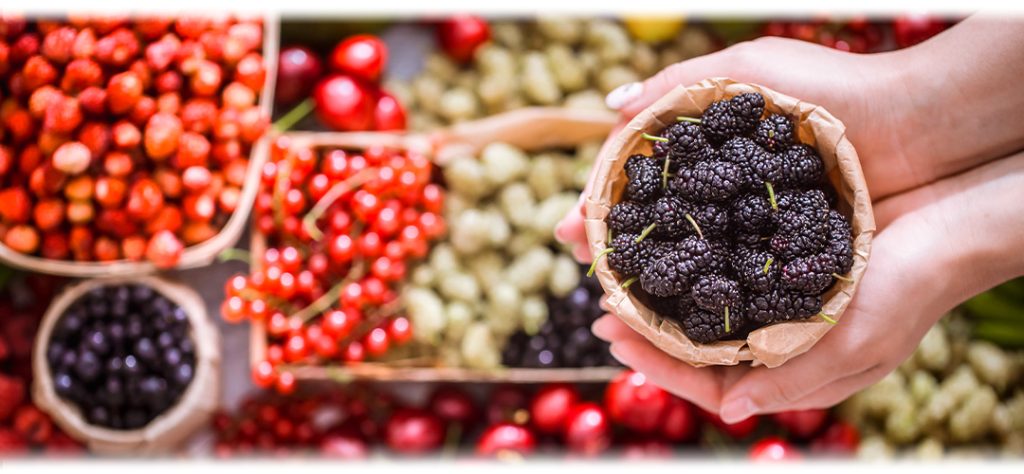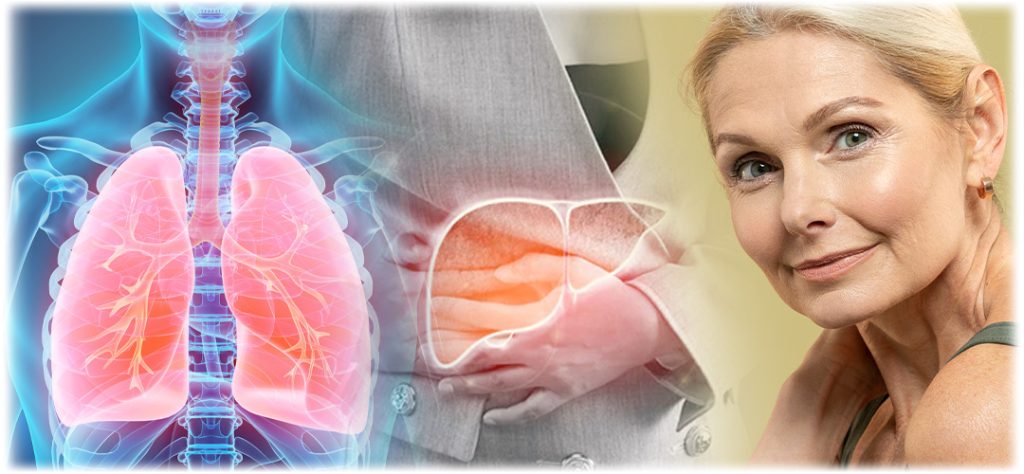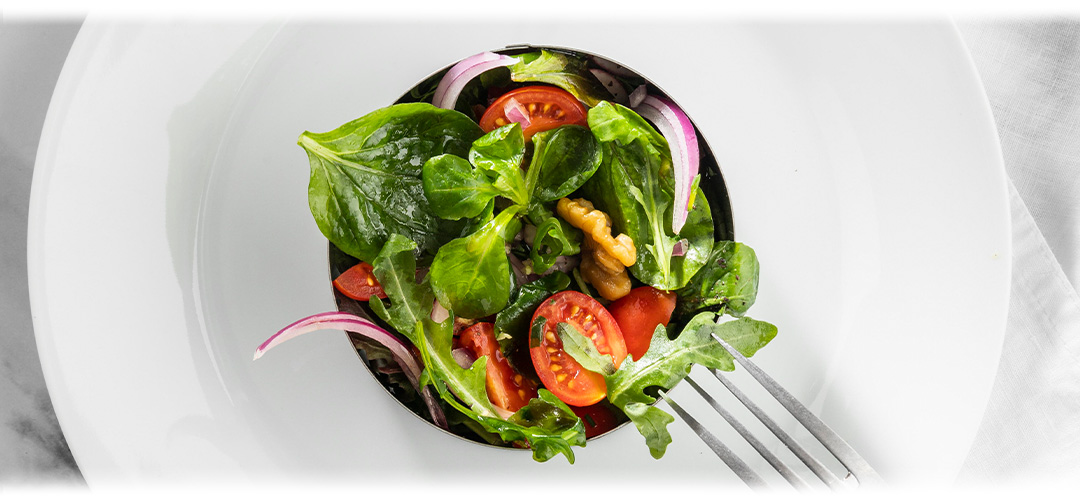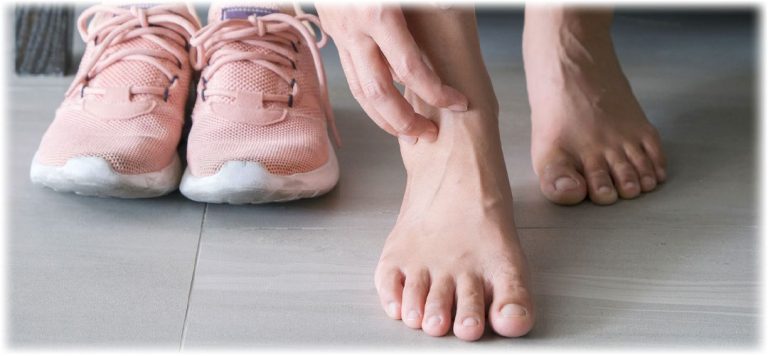With so many health benefits associated with giving your body a full, detoxifying cleanse, many people want to know how to detox.
After all, who wouldn’t want to get more energy, lose weight, reduce bloating, ease constipation, suffer less headaches and get more sleep? One of the many common myths about detoxing is that you must follow an extreme diet, or fast your body, to get the best results, but that’s not true.
Your body has several natural functions designed to cleanse your system and flush out all the nasty toxins and other harmful waste products that can cause health problems. The trick is supporting these systems, through good nutrition and sensible lifestyle choices, to help them do their jobs to the best of their ability.
So, before you reach for the blender and embark on a seven-day extreme juice diet, have a look at our tips below, as we take a closer look at how to detox.
How to detox your body
Detoxing properly isn’t just about what you consume. You’ve got to create the right conditions and environment within your body to optimise your success. Here are some things you should focus on:

- Get Proper Sleep
Much of the hard work your body does to detoxify takes place when it’s in a state of rest. So, regularly getting a good night’s sleep is vital. Sleeping allows your body to process and remove the toxic waste by-products it has accumulated throughout the day, as well as allowing your brain to reset and recharge.
If you don’t get enough sleep, your body won’t have the chance to perform these vital functions, which over time can build-up and lead to longer-term health implications.
Heart disease, high blood pressure, diabetes and obesity have all been linked to poor sleep, which can also cause stress, anxiety and mental health issues.

- Eat Antioxidants
Antioxidants are potent nutrients which protect your cells against damage caused by oxidative stress from free radicals. When your body produces too many free radicals – from poor diet, smoking and excessive alcohol consumption – these harmful molecules cause damage to our cells, which the body needs to work harder to repair. Over time, this can cause a host of health issues including dementia, heart disease, liver disease and asthma.
Eating enough antioxidants – either through a healthy diet or natural supplementation – can help your body combat the stress caused by excess free radicals, along with other toxins that can increase your risk of chronic disease. Look for foods that are rich in Vitamin A, Vitamin C and Vitamin E.

- Exercise More
Alongside diet, regular exercise is an essential part of a healthy lifestyle. It promotes healthy heart function, which, in turn, keeps the blood pumping to all your major organs so they can function correctly.
When it comes to detoxifying, regular exercise helps to reduce inflammation within your key body systems, which means your organs, including your liver, don’t need to work as hard to function normally.

Detoxing from Alcohol
Your liver plays a crucial role in detoxifying your body. It metabolises more than 90% of the alcohol you consume. It breaks down the harmful toxins found in the blood and flushes them out. So, keeping your liver in tip-top condition is vital if you want to detox from alcohol.
Drinking too much, over a long period, can overwork your liver and cause inflammation, scarring and fat build-up. In turn, this can prevent it from carrying out its normal functions, including filtering waste and other toxins from your body.
However, to give it a helping hand, there are a few things you can do. Staying hydrated, especially after a heavy night, is vital. Water helps your body to regulate its hormones and temperature, supports digestion and transports waste products and toxins through the body so they can be flushed out, naturally. It also helps replace the fluids the body loses when exercising, so it can recover properly.
So, when you are drinking, try to take a glass of water between each alcoholic drink you take. This will help you pace yourself, by spacing out the alcohol you consume, but will also help you stay hydrated so your body can process the booze faster.
It’s also a common myth that a good fry-up, fizzy drinks and sweets can help cure a hangover. While they may make you feel better temporarily, foods that are high in refined sugar, processed fat or artificial additives can cause a host of chronic health problems. They are harder for your body to process, which puts excess strain on your liver and other organs as your body tries to strip out and absorb the nutrients and flush out any waste.
So, if you’ve overdone it, cut back on junk food the day after to help your liver to detox.
Smoothies made with your favourite fresh fruit and veg will help replenish any vitamins, minerals and other nutrients that have been lost through drinking, while wholegrain cereals will rebuild your energy levels and ward off nausea.
How to Detox from Sugar
While we all like a sweet treat every now and then, too much sugar (and processed food) can lead to a host of health problems, including obesity, diabetes and other chronic diseases. Your heart, liver and kidney function can all be impaired by excessive sugar consumption, because they must work harder to metabolise and burn it off. This, in turn, can damage your body’s natural ability to detoxify and place additional strain on your vital organs.
Too much sugar can also rot your teeth, interrupt your sleep patterns and lead to spikes and crashes in energy. The only way to detoxify from sugar is to reduce your intake. Opt for low-sugar versions of your favourite foods – the hidden sugar in things like pasta sauce and curry can be eye-popping.
Reduce temptation by replacing biscuits, sweets and chocolates with healthier options like fruit or veg sticks. Cut down on the amount of high-sugar fizzy drinks you buy and opt for natural juices instead. Drink herbal teas instead of adding sugar to your cuppa.
Give dark chocolate a try instead of milk chocolate – it usually contains less sugar. And if you really can’t live without sugar, the odd cheat day is fine. Provided you don’t overdo it, or make it too regular, having the odd sweet treat will fire your metabolism and keep the cravings at bay.
How to Detox your Skin
Detoxing your body will make you feel good on the inside. Detoxing your skin can help you look good on the outside too. Here are a few tips to detox your skin and recapture your natural glow:
Have a Skincare Regime
Helping your skin to detox and stay toxin-free is a daily challenge. We’re regularly exposed to airborne toxins and pollutants, and sometimes harsh weather conditions which can cause stress to our skin’s delicate cells. So, having a cleansing routine is a must.It would help if you washed regularly, using light, natural products, to remove any toxins from your skin and pores gently. Then, replenish some of the vitamins, minerals, and other nutrients your skin needs to stay healthy using natural moisturiser.
Stay Hydrated
We’ve already looked at the importance of staying hydrated for your liver, but it can also help your skin. Drinking plenty of water can help prevent your skin from drying out, which can lead to flaky patches, redness and inflammation. It will also help flush out the impurities that can block pores and lead to spots or blackheads. You can keep your skin hydrated in two ways – drink lots of water and use a natural moisturiser enriched with vitamins and minerals to help keep your skin soft, supple and glowing.
Relax with Aromatherapy
The environment causes much of the damage to our skin – smoke, pollution, pollen, excess sunshine or cold air can all have an impact. If you lead a hectic lifestyle, finding some time to relax and be good to yourself is vital. Aromatherapy is one way of creating a relaxing, mood-enhancing environment to allow your skin to detoxify.
Lavender, lemongrass and eucalyptus essential oils all have powerful essences which can help enhance not only your skin but also your mood and mental health.






